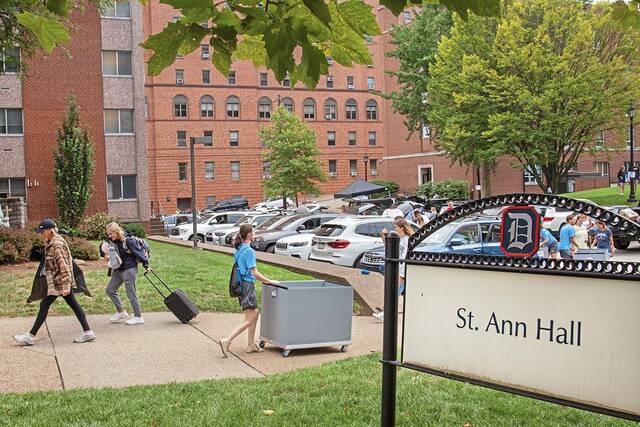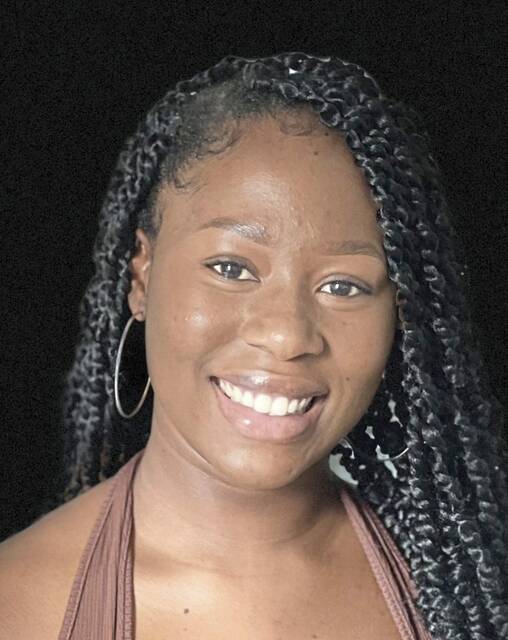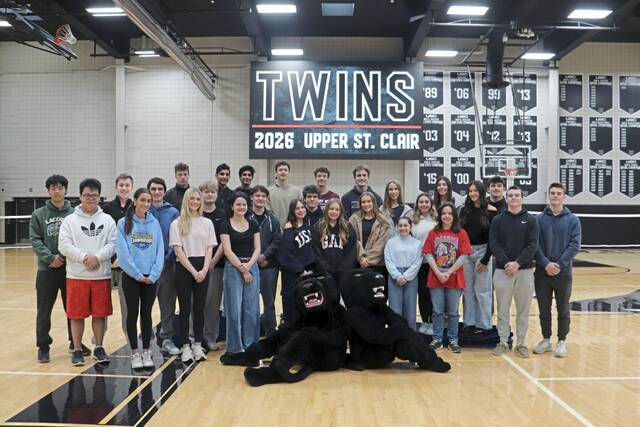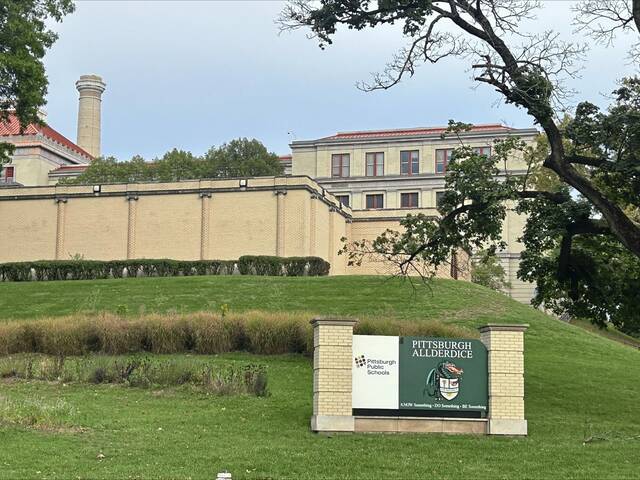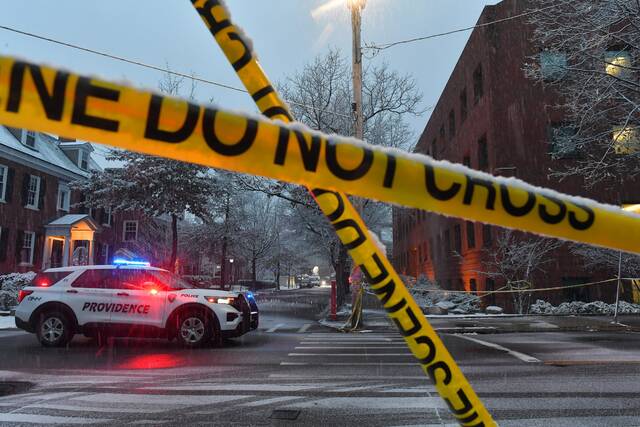Transfer students — long an afterthought when colleges had plenty of teens to recruit straight out of high school — these days are being courted by four-year campuses to keep enrollments healthy.
The latest example comes from Duquesne University.
Beginning this summer, Duquesne says it will match up to $20,400 (or $5,100 a year) of what transfer students receive from the Pennsylvania State Grant program.
Like other colleges and universities in states with fewer students between 17 and 24 years old, Duquesne has seen enrollment slide and considers transfer students as part of the strategy to reverse the trend, said Joel Bauman, senior vice president for enrollment management.
“It’s definitely important for us to cast a wider net and be accessible to student populations that maybe we were not as accessible to in the past, financially,” he said.
Currently, Duquesne receives about 200 to 250 transfer students, nearly 40% of which are directly from community colleges. He said the school would like total transfers to increase to about 350 students.
Bauman said moves by his school and others to better accommodate transfer students — financially and through more efficient credit transfers — are part of a long overdue recognition that the higher education market has changed.
The traditional-age undergraduate continues to dwindle as a share of enrollment. In fact, 17- to 24-year-olds who live on campus make up 15% of the undergraduate population nationally, with the remaining 85% being older learners from varied backgrounds and income levels, said Bauman, citing data from the Postsecondary National Policy Institute.
Even so, he said, the idyllic image of a typical college student persists.
“Higher education as an industry has these sort of blinders on,” Bauman said.
One of the initial recipients of Duquesne’s transfer match will be aspiring nurse Precious Addo, 21, of Reading, who is finishing her studies this spring at Reading Area Community College. The grant match will enable her to pursue a bachelor’s degree in nursing at Duquesne.
Originally from Ghana, she is the oldest of three children of a single mother and will be first in her family to finish a college degree. She wants to eventually become a certified nurse anesthetist.
“It’ll make me proud and my family will be proud,” she said. “For my mother, this is going to be a relief for her. She won’t have to worry so much about my tuition. I’ll be able to focus on my studies.”
Nationally, campuses already were bracing for the effects of a drop in the birth rate from the Great Recession of 2008, meaning smaller entering classes starting in 2026. Then, the pandemic hit, compounding financial, health and other challenges for students, while reducing total graduate and undergraduate enrollment by 1.1 million from fall 2019 to fall 2022, according to the Herndon, Va.-based National Student Clearinghouse Research Center.
“We were not immune to that,” Bauman said.
Duquesne’s undergraduate enrollment between 2018 and fall 2022 decreased from 6,074 to 5,110 students.
The decline in transfer students nationally was pronounced, in particular those moving from community colleges to four-year campuses. The number of transfers from those schools fell by 15% between 2020 and 2022, according to the Clearinghouse Research Center.
A summary of the center’s findings released last month said “baccalaureate degree programs appear increasingly out of reach for community college students, particularly those enrolled in urban and suburban community colleges, and in transfer-focused community colleges.”
In Pennsylvania, many public and private four-year campuses have articulation agreements and other pacts with community colleges to streamline degree pathways and avoid wasted credits when a course does not transfer, an issue that has raised concerns nationally. Last month, all 10 university presidents within Pennsylvania’s State System of Higher Education and the heads of 15 community colleges signed a pledge to ease degree pathways and offer more financial aid.
An infusion of financial aid like the program at Duquesne could resonate, given worries about finances that are on the rise, experts said.
Google search data shows a 16% jump in students searching for scholarships for transfer students over the past year, said Will Geiger, co-founder and CEO of Scholarships360, a 13-year-old website created to connect college students with financial aid.
The fact that vendors such as Carnegie Higher Ed and EAB offer transfer enrollment services to their clients “underscores market demand for helping colleges build a transfer pipeline,’ he said by email.
“Given the demographic challenges that many colleges, especially private colleges, are facing, transfer admissions (including scholarships to incentivize students to transfer) is a way to increase the size of the student body and help the institution meet tuition revenue goals,” he explained.
Awards from the Pennsylvania State Grant program range from $500 to $5,750 a year, according to the Pennsylvania Higher Education Assistance Agency.
At Duquesne, the billable cost for basic undergraduate tuition is $45,376 a year, not counting room, board and other expenses, according to the university’s website.
Freshmen are eligible for a state grant match of up to $10,000 over four years (up to $2,500 a year), less than that being offered to transfer students, according to the school’s website. The grant match initiative for students is on top of other university aid available to students who qualify, officials said.
Bauman said doubling the awards to students with demonstrated financial need improves degree access for disadvantaged groups.
“Doing the right thing is the right thing to do always,” Bauman said. “Also, if it can help the enrollment health of the university, then that checks that box as well.”


